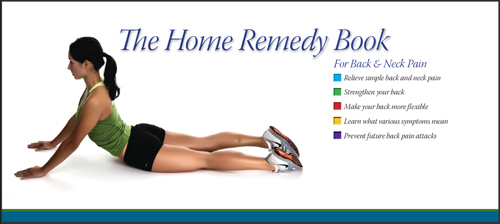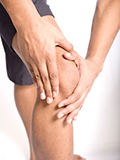- Locations
- Find a Physician
- By Physician
- By Department
- The Center for Spine Health
- Hand & Wrist Center
- Shoulder & Elbow Center
- Foot & Ankle Center
- Joint Replacement Center
- The Sports Medicine Center
- Pediatric Orthopedic Center
- Trauma & Fracture Center
- Osteoporosis and Bone Health
- Oncology Center
- Cartilage Repair Center
- Concussion Rehab Center
- OrthoDirect
- Careers
- Patient Portal
- Intranet
 Prevention
Prevention
Causes of hip pain | Understanding symptoms | Nonsurgical treatments | Surgical options | Hip prevention
One of the main ways to avoid hip pain in the first place is by maintaining a healthy weight and living an active lifestyle. Below are some tips to help maintain good health.
Overall good health
The key to keeping a hip problem at is to stay relatively active and to eat right. The US Government notes that 56 percent of Americans are overweight.
Scientifically speaking, our hips form and develop in mass and strength in proportion to the amount of weight our body was designed to hold. So, if you are a small woman, your hips are meant to hold a smaller amount of weight than if you are a six-foot tall man. Although the body is very adaptable and can learn to hold different weights, a point can be reached where the body is simply not comfortable supporting the excess weight.
Let's talk BMI, or Body Mass Index. BMI is the number you come up with when you divide how much you weigh in kilograms by how tall you are in centimeters squared. The number you come up with is your BMI. A BMI between 18.5 and 25 is considered in the normal range. A BMI above 25 is considered overweight and a BMI of 30 or more is classified as obesity. To find your BMI, there are several calculators on the Internet including the BMI recommendations from the Surgeon General. Click here to calculate your BMI.
Diet
Losing weight can provide instant relief for the hips. Although we are constantly inundated with new diet fads, remember that logically, the way to lose weight is to consume fewer calories than we burn and the way to maintain weight is to consume approximately the same number of calories that we burn.
Although in reality, this method can be harder to follow than it is to understand, once we build healthy habits, this lifestyle will become easier and easier to maintain. Some diets help you to do this. Others are shams. Be cautious. Anything that seems to good to be true, probably is.
If you have arthritis, there are pain aggravators that should be avoided. For instance, paprika, pepper, tobacco, cayenne, eggplant, large amounts of potatoes and tomatoes can irritate your arthritis because these foods have alkaloids that prevent the repair of collagen and cartilage. Aspartame (found in diet sodas and artificial sweeteners) can also worsen arthritis since in causes inflammation in th e joints when regularly consumed.
e joints when regularly consumed.
In study after study, it seems almost innumerable health benefits can be accumulated from eating a diet rich in fiber and complex carbohydrates found in vegetables, whole wheat and fruits. Once again, hips also benefit from this diet.
Exercise
It is also important to incorporate exercise into your routine if you have hip pain. Although it may seem like a Catch-22 (you cannot exercise because your hip hurts, and your hip hurts more because you cannot exercise) strengthening the leg muscles can be crucial in alleviating hip pain.
The more support the muscles can offer, the less stress and therefore less pain. Please refer to our online exercise library, which will show you several hip strengthening exercises. Also, if your hip hurts and you want to start up an exercise routine, why not try a stationary bike or swimming? While running or stair climbing can be taxing to the hips, the stationary bike and swimming are both excellent cardiovascular activities that only minimally put pressure on the hips.








